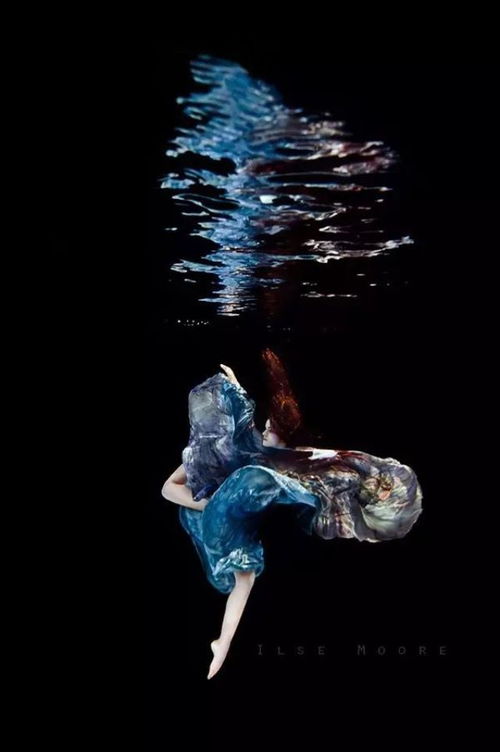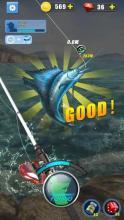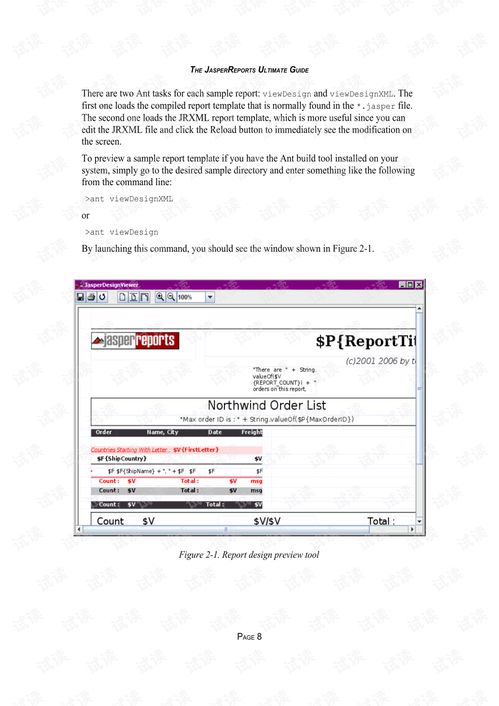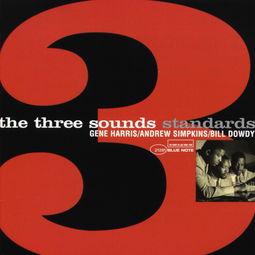Content:
Embarking on the journey to become a skilled angler can be an exciting and rewarding experience for women. Whether you're looking to unwind, connect with nature, or simply try something new, fishing offers a tranquil escape from the hustle and bustle of daily life. Here are some essential tips and tricks to help you master the art of fishing and become a confident angler.
Start with the Right Gear
Before you can start fishing, you'll need the right equipment. Here's a list of essential gear that you'll need to get started:
- Rod and Reel: Choose a rod and reel that are appropriate for the type of fishing you plan to do. For beginners, a spinning rod and reel combination is a good choice.
- Line: Make sure you have the right line for the fish you're targeting. Monofilament, fluorocarbon, and braided lines are the most common types.
- Hooks: Select hooks that are suitable for the species you're fishing for. Larger hooks are better for bigger fish, while smaller hooks are ideal for more delicate fish.
- Lures and Bait: Depending on your fishing style, you'll need a variety of lures and bait. Live bait, artificial lures, and natural baits like worms and crickets are all options.
- Tackle Box: A tackle box is essential for storing your hooks, sinkers, swivels, and other accessories.
Learn the Basics

Before you cast your line, it's important to understand the basics of fishing. Here are some fundamental skills to master:
- Casting: Practice casting to improve your accuracy. There are various casting techniques, so it's worth experimenting with different methods to find what works best for you.
- Tie Knots: Learn to tie basic fishing knots, such as the Palomar knot, Clinch knot, and improved clinch knot. These knots are essential for securing your line to hooks, lures, and sinkers.
- Reading Water: Understanding water conditions is crucial for successful fishing. Observe the flow, depth, and structure of the water to predict where fish might be hiding.
- Fish Behavior: Familiarize yourself with the behavior of the fish you're targeting. This includes their feeding patterns, preferred habitats, and the types of bait they like.
Join a Fishing Club or Take a Course
Many local fishing clubs or organizations offer classes and workshops specifically for women. These can be a great way to learn from experienced anglers and build your confidence. You'll also meet like-minded individuals who can share tips and tricks.
Dress Appropriately
Comfortable and appropriate attire is essential for a successful fishing trip. Here are some clothing tips:
- Waders: If you're fishing in a river or stream, waders will keep you dry and allow you to wade into deeper water.
- Hat and Sunglasses: Protect yourself from the sun with a wide-brimmed hat and polarized sunglasses.
- Layered Clothing: Dress in layers so you can adjust to changing temperatures. Fabrics that wick moisture away from your body are ideal.
- Boots: Sturdy, waterproof boots are essential for stability and protection in the water.
Be Patient and Observant
Fishing requires patience and attention to detail. Here are some tips to help you stay focused:
- Set Realistic Goals: Understand that fishing can be unpredictable. Set achievable goals for the day and enjoy the process.
- Stay Calm: Keep your emotions in check. Agitation can spook fish and reduce your chances of catching them.
- Observe Nature: Pay attention to the natural environment. Changes in weather, water conditions, and wildlife behavior can indicate when fish are most active.
Practice and Experiment
Like any skill, fishing improves with practice. Here are some ways to refine your technique:
- Practice Casting: Spend time practicing your casting technique. The more you cast, the more precise you'll become.
- Experiment with Baits: Try different types of bait and lures to see what works best for the fish you're targeting.
- Learn from Mistakes: Analyze what went wrong if you don't catch fish. This will help you improve your technique and increase your chances of success.
Safety First
Always prioritize safety when fishing. Here are some safety tips to keep in mind:
- Tell Someone Where You're Going: Inform a friend or family member of your fishing plans and expected return time.
- Check the Weather: Before heading out, check the weather forecast and be prepared for changes.
- Know Your Limits: If you're new to fishing, start with a calm body of water and gradually progress to more challenging environments.
By following these tips and practicing regularly, you'll be well on your way to becoming a skilled angler. Remember, fishing is a journey, not a destination. Enjoy the process and embrace the learning curve. Happy fishing!












